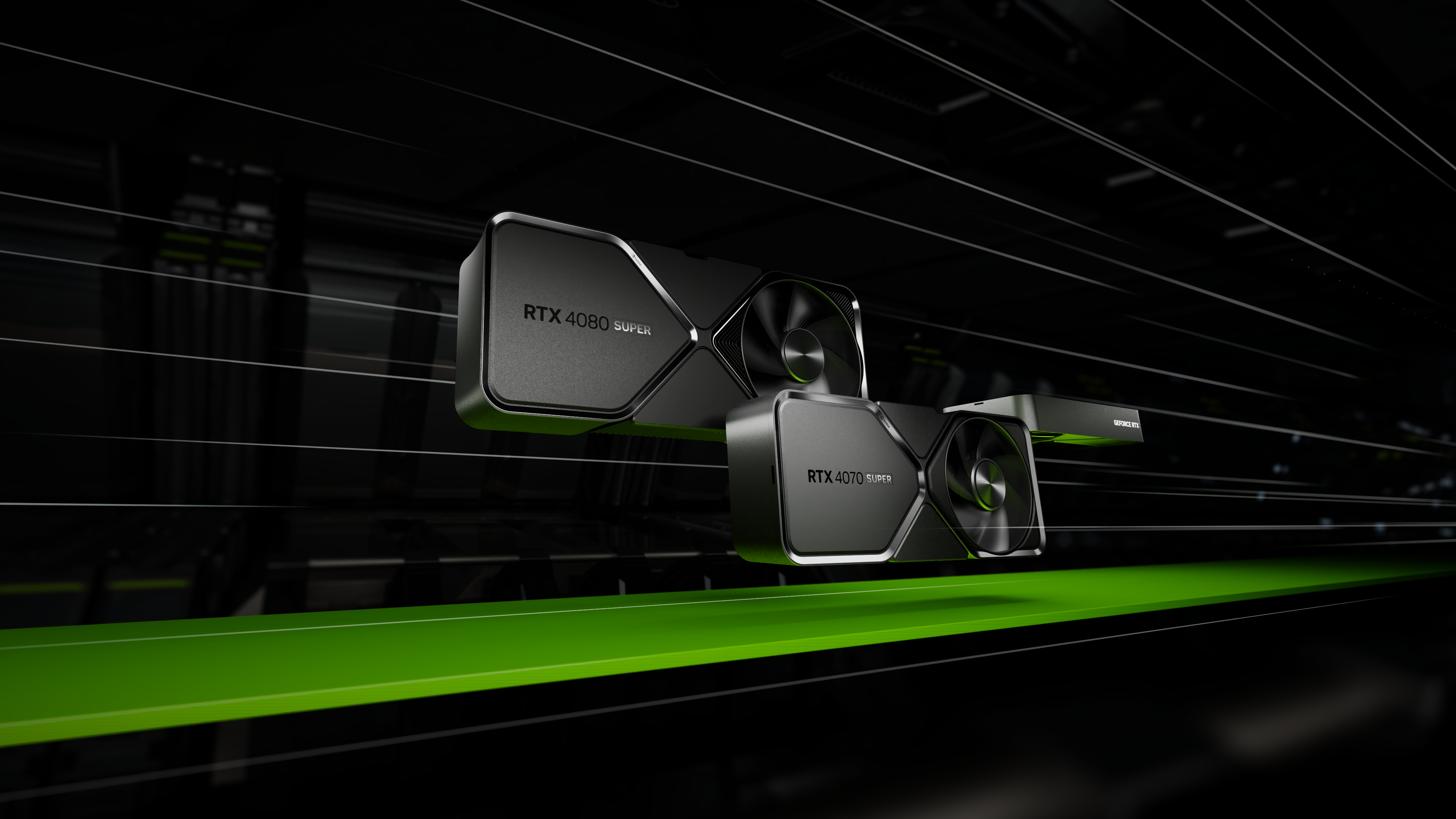 AI
AI
 AI
AI
 AI
AI
Nvidia Corp. and Advanced Micro Devices Inc. will pay the U.S. government 15% of the revenue they generate from graphics card exports to China.
The arrangement was first reported by the Financial Times on Sunday. In a press conference today, U.S. President Donald Trump said that he had originally asked Nvidia to provide 20% of the revenue it generates from Chinese customers. Jensen Huang, the chipmaker’s Chief Executive Officer, negotiated a 5% discount.
“The agreement to pay 15% of chip sales revenue from sales to China is a reflection of the complexities of trading technology,” said Forrester senior analyst Alvin Nguyen. “This appears to be a reversal of recent efforts to limit technology sales, especially AI, to China.”
In 2022, the Biden administration introduced a set of rules that blocked the sale of advanced graphics processing units to China. In response, Nvidia and AMD developed scaled-down versions of their GPUs called the H20 and MI308, respectively. The processors didn’t meet the performance thresholds above which the export controls applied.
Earlier this year, the Trump administration extended the export ban to the H20 and the MI308. Nvidia estimated at the time that that the move would cost it $8 billion in the second quarter. AMD told investors that it was expecting a $1.5 billion impact to full-year sales.
After H20 exports to China were halted, Huang revealed that Nvidia’s market share in China had dropped from 95% to 50%. According to the Financial Times, he later met with Trump to discuss the export controls. The meeting reportedly produced a “breakthrough” that led the Commerce Department to lift the ban.
“The H20 is obsolete,” Trump said during today’s press conference. “It’s an old chip, China already has it in a different form or different name.”
Trump added that Nvidia may receive permission to export a modified version of its Blackwell chip series to China. The processor would have to be “somewhat enhanced in a negative way,” he said. ”In other words, take 30% to 50% off of it.”
The H20 is a slower version of an Nvidia chip called the H100 that can provide up to four petaflops of performance. Nvidia’s first-generation Blackwell chip, the B200, reportedly provides up to 20 petaflops. Earlier this year, the company debuted a new version called the Blackwell Ultra that can run some workloads 50% faster than the original.
“The demand for GPUs like Nvidia is high everywhere and restrictions of their sale to China heavily impacted sales and revenue to Nvidia, AMD, and Intel,” Nguyen said. “This also comes during trade negotiations with China, so this can be seen as a bargaining chip or concession.”
Earlier this year, the U.S. paused certain tariffs on imports from China as part of an effort to negotiate a new trade deal. Shortly after today’s press conference, Trump signed an executive order that put the tariffs on hold for another 90 days.
In July, investment firm Hargreaves Lansdown estimated that the resumption of H20 exports to China could increase Nvidia’s revenue by $15 billion to $20 billion this year. The chipmaker recently debuted a processor called the RTX PRO that could further boost its sales. The chip, which is geared towards the manufacturing and logistics sectors, is described as being “fully compliant” with U.S. export rules.
Support our mission to keep content open and free by engaging with theCUBE community. Join theCUBE’s Alumni Trust Network, where technology leaders connect, share intelligence and create opportunities.
Founded by tech visionaries John Furrier and Dave Vellante, SiliconANGLE Media has built a dynamic ecosystem of industry-leading digital media brands that reach 15+ million elite tech professionals. Our new proprietary theCUBE AI Video Cloud is breaking ground in audience interaction, leveraging theCUBEai.com neural network to help technology companies make data-driven decisions and stay at the forefront of industry conversations.